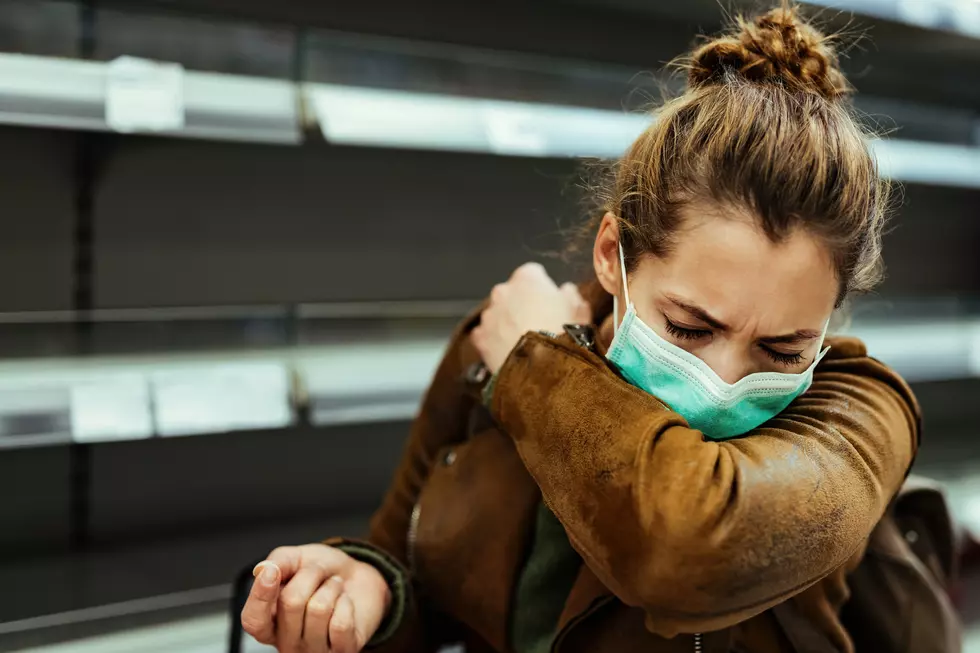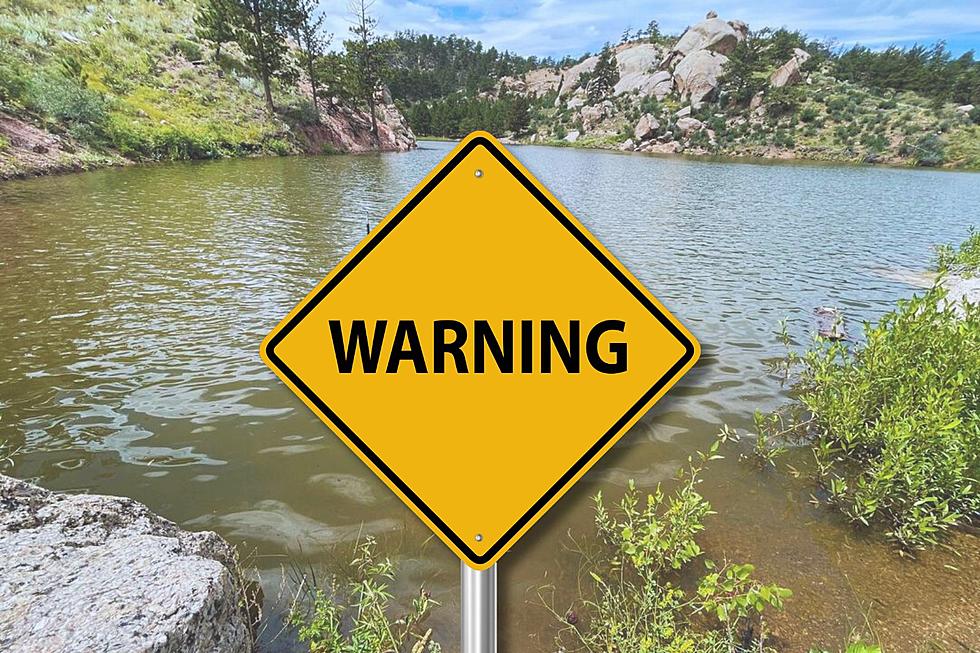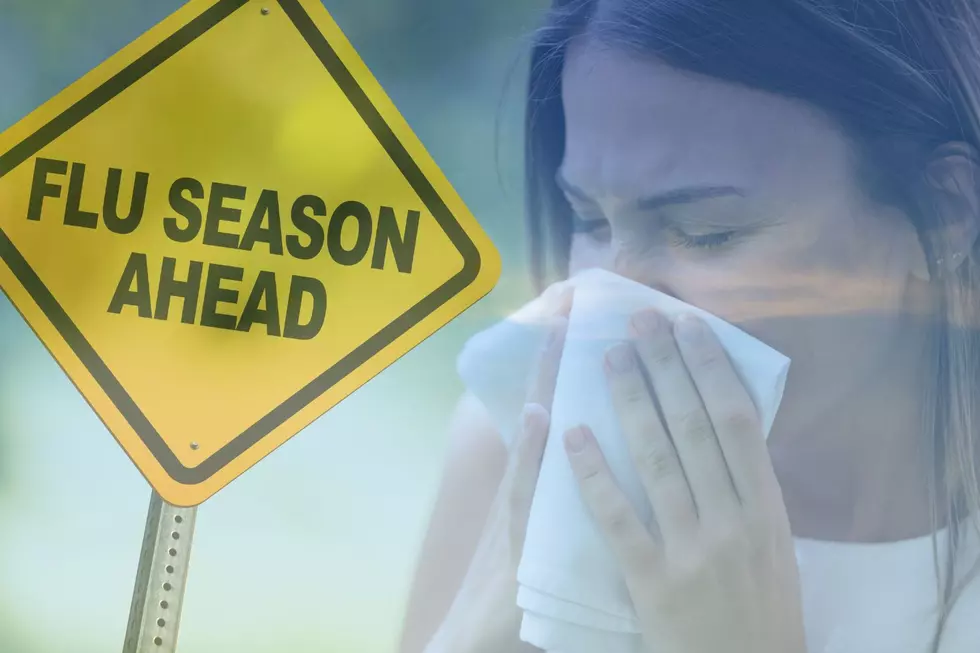
What to Do if You’re Exposed to COVID-19 in Wyoming
As we move into fall 2020 the COVID-19 pandemic continues to surge around the world and here in Wyoming. As we try to minimize the risk to ourselves and our families, there is a chance that we could be exposed to the novel coronavirus.
So what should you do then? What should you do if you find out someone at your work comes down with COVID, or if a person at your child's school test positive? The basics are you need to avoid people, get tested, and watch yourself for symptoms.
According to the Wyoming Department of Health, to get infected a person has to be in "direct close contact" with someone who has symptoms of COVID-19, or "during the 48 hours (2 days) before they develop symptoms or test positive."
What does direct close contact mean?
You are in direct close contact if you have been within 6 feet of a person with COVID-19 for 15 minutes or longer.
Close contact includes living in the same house, regular close interaction (like taking care of a sick person), and "Being in direct contact with respiratory droplets from a sick person with COVID-19." That means kissing, sharing utensils, or getting coughed or sneezed on.
The Department of Health says that "If you have not had direct close contact with a person with COVID-19 your risk of exposure is low. You can continue your normal activities." But, pay attention to your body and if you develop symptoms you should stay away from other people.
What is Contact Tracing?
If you have possibly been around someone that has tested positive for COVID, the local health department may contact you. The purpose is to slow the spread of the virus by letting people know they may have been exposed. You may be asked to isolate yourself and keep a close eye on your health.
- Discussions with health department staff are confidential. This means that your personal and medical information will be kept private and only shared with those who may need to know, like your health care provider (Per the CDC)
- Your name will not be shared with those you came in contact with. The health department will only notify people you were in close contact with (within 6 feet for more than 15 minutes) that they might have been exposed to COVID-19 (Per the CDC)
What to do If you HAVE been exposed:
The Department of Health says that "You should monitor yourself for fever (or signs of fever such as body aches and chills), cough, shortness of breath, headache, or sore throat for 14 days after the last day you were in close contact with the person with COVID-19."
If you are exposed, it is recommended that you do not go to school or work, avoid public spaces, public activities, and group gatherings. You should avoid public places for 14 days.
Call your healthcare provider and let them know that you have been exposed to someone with COVID-19 to get tested. If you test negative for COVID-19 by a viral test, you may not have been infected at the time your sample was collected. However, that does not mean you will not get sick. The test result only means that you did not have COVID-19 at the time of testing. You might test negative if the sample was collected early in your infection andtest positive later during your illness. You could also be exposed to COVID-19 after the test and get infected then.
What If You Get Sick?
According to the Centers For Disease Control and Prevention (CDC), "[m]ost people with COVID-19 have mild illness and can recover at home without medical care."
If you note that you're developing COVID-19 symptoms, (fever, body aches and chills; cough, shortness of breath, headache, runny nose, or sore throat) even if your symptoms are mild, you should "isolate yourself from others, including others who live or spend time in your home."
If you do develop symptoms, stay away from others until your fever has been gone for three days (without the help of medicine), your other symptoms are better, and it has been at least 10 days since the symptoms started.
The CDC says that if someone is showing any of these signs, seek emergency medical care immediately. Call 911 or your local emergency facility and tell them that you are seeking care for someone who has or may have COVID-19.
- Trouble breathing
- Persistent pain or pressure in the chest
- New confusion
- Inability to wake or stay awake
- Bluish lips or face

KEEP READING: Learning From Mistakes During the Spanish Flu
More From 101.9 KING-FM









